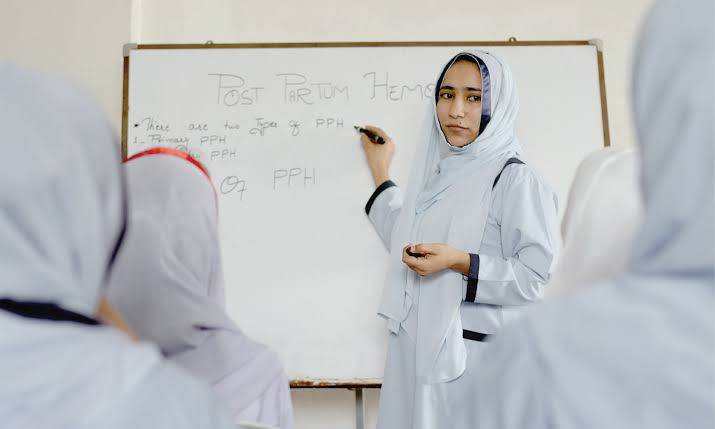
Koohi Goth Women Hospital has trained over 1200 girls and women as midwives for the last 12 years. The capacity building and capability enhancement of women from lower socioeconomic classes are the two main goals of the commendable service by the KGWH. These midwives come from across Pakistan; from Chitral to Azad Kashmir, rural Sindh to Balochistan and Gilgit Baltistan. This was shared by the CEO of KGWH Dr Shershah Syed, according to Naseem Shekhani. All midwives get registered with Pakistan nursing council after passing the examination, and hired during house job by respective provincial governments. Karachi students get engaged with private maternity units in Karachi, Dr Shershah said.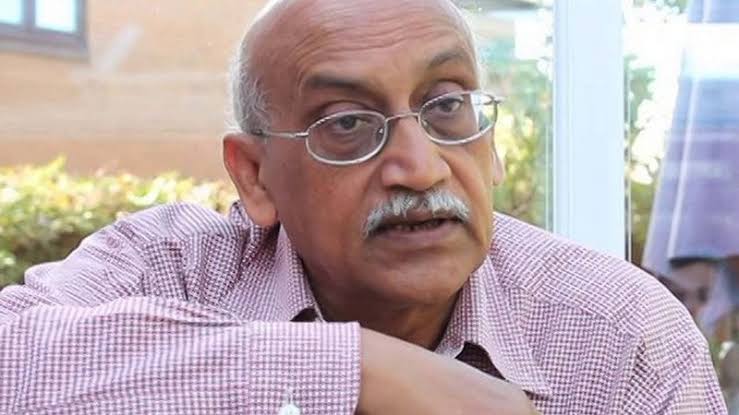
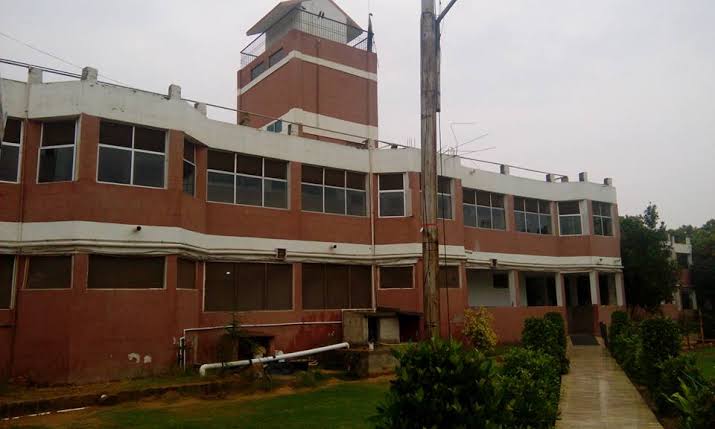
Pakistan suffers from illiteracy, ignorance, overpopulation, and lack of basic healthcare. The country needs an army of well trained and well equipped nurses and healthcare personnel who can make a notable difference at local levels. These midwives could have a worthwhile far reaching social impact. They advocate for education in their families, villages and communities, thus changing social and economic structures. They are trained and skilled to provide basic obstetrical care to pregnant women, post-natal care, delivery and basic resuscitation of new born at home, and also provide counselling and family planning services, wrote Dr Shershah.
The majority of nursing schools lack requisite trained faculty. The initiative of Koohi Goth Women Hospital tends to fulfill the gap. The majority of students come from rural marginalized areas surrounding Shaded Pura, Thar, Larkana, Badin, Jacob Abad, Dadu and other small towns. Non-Muslims are also encouraged to participate and in every batch, there are 4-6 Hindus or Christians. The students are also provided transportation services and to help them adjust in new environment, special attention is given to their mental health.
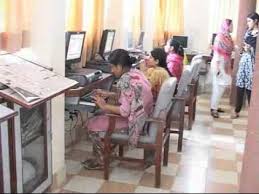
Dr Shershah further shared that another initiative, 'Hunurmund (skill-enhancement) Program' empowers uneducated girls, and divorced, separated, single mothers. They are provided with uniforms, lunch, and a daily travelling allowance. Dr Shehnaz Karim of Houston, Texas, is leading the program which gives a six-month training to 25 students in every batch. So far, six batches have graduated who go on to serve as helpers in clinics and assisting medical staff in healthcare centres at rural level.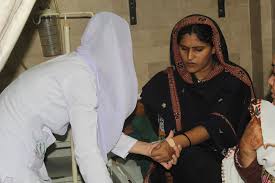
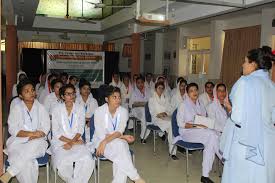 The training of midwives costs Rs 22,000 p/m. After two years of education/training, a six-month house job is compulsory. A stipend of Rs 5,000 is provided to every midwife. Dr Shershah Syed says that he was planning for a BSC degree program in nursing and midwifery services; awaiting visit and approval from the Nursing Council. Therefore, he has asked for the support from the government and private sector to aid and sponsor the prospective students.
The training of midwives costs Rs 22,000 p/m. After two years of education/training, a six-month house job is compulsory. A stipend of Rs 5,000 is provided to every midwife. Dr Shershah Syed says that he was planning for a BSC degree program in nursing and midwifery services; awaiting visit and approval from the Nursing Council. Therefore, he has asked for the support from the government and private sector to aid and sponsor the prospective students.


Pakistan suffers from illiteracy, ignorance, overpopulation, and lack of basic healthcare. The country needs an army of well trained and well equipped nurses and healthcare personnel who can make a notable difference at local levels. These midwives could have a worthwhile far reaching social impact. They advocate for education in their families, villages and communities, thus changing social and economic structures. They are trained and skilled to provide basic obstetrical care to pregnant women, post-natal care, delivery and basic resuscitation of new born at home, and also provide counselling and family planning services, wrote Dr Shershah.
The majority of nursing schools lack requisite trained faculty. The initiative of Koohi Goth Women Hospital tends to fulfill the gap. The majority of students come from rural marginalized areas surrounding Shaded Pura, Thar, Larkana, Badin, Jacob Abad, Dadu and other small towns. Non-Muslims are also encouraged to participate and in every batch, there are 4-6 Hindus or Christians. The students are also provided transportation services and to help them adjust in new environment, special attention is given to their mental health.

Students are equipped with computer skills in Koohi hospital
Dr Shershah further shared that another initiative, 'Hunurmund (skill-enhancement) Program' empowers uneducated girls, and divorced, separated, single mothers. They are provided with uniforms, lunch, and a daily travelling allowance. Dr Shehnaz Karim of Houston, Texas, is leading the program which gives a six-month training to 25 students in every batch. So far, six batches have graduated who go on to serve as helpers in clinics and assisting medical staff in healthcare centres at rural level.

 The training of midwives costs Rs 22,000 p/m. After two years of education/training, a six-month house job is compulsory. A stipend of Rs 5,000 is provided to every midwife. Dr Shershah Syed says that he was planning for a BSC degree program in nursing and midwifery services; awaiting visit and approval from the Nursing Council. Therefore, he has asked for the support from the government and private sector to aid and sponsor the prospective students.
The training of midwives costs Rs 22,000 p/m. After two years of education/training, a six-month house job is compulsory. A stipend of Rs 5,000 is provided to every midwife. Dr Shershah Syed says that he was planning for a BSC degree program in nursing and midwifery services; awaiting visit and approval from the Nursing Council. Therefore, he has asked for the support from the government and private sector to aid and sponsor the prospective students. 